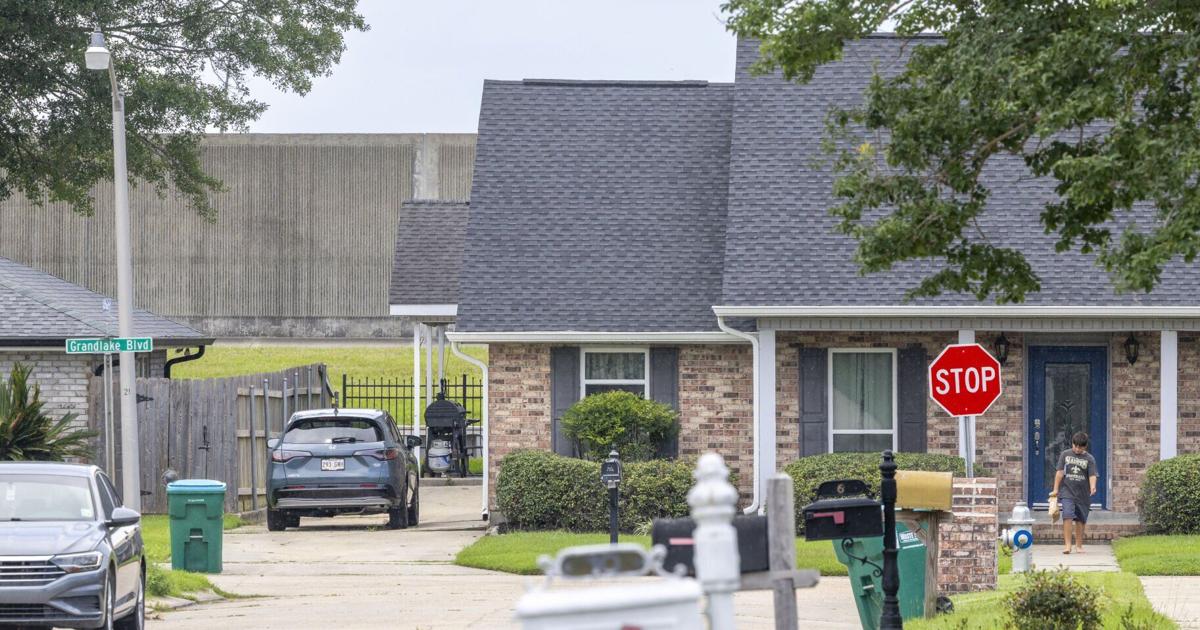
Thousands of abandoned oil wells or platforms dot the waters off Louisiana’s coasts, creating hazards the state isn’t doing enough to mitigate.
It’s not that the only responsibility belongs with the state. The federal government may have a role to play, too, and the companies that built the wells certainly do.
One way or another, though, this is a massive problem, as evidenced by painstaking reporting by this newspaper’s Alex Lubben in two recent articles. “More than 3,600 wells once drilled on land or in wetlands are now in open water,” Lubben reports.
And: “Louisiana has 7,583 unplugged wells in its offshore and inland state waters…. The total does not include offshore wells in federal waters, which begin three miles off Louisiana’s coast.” At least 879 offshore structures have been abandoned in state waters alone.
Some of these wells or platforms leak oil, methane or other water- or air-pollutants. Some of them are unseen below the surface, where they can snag and sink boats moving through what looks like open water. Some seem safe enough now, but can cause various problems if they collapse.
These dangers must not be allowed to fester. The state should take numerous steps to reduce the risks. Most importantly, it should identify and catalogue every offshore well or related platform or equipment, whether operational or abandoned, whether visible above water or hidden below. It should map all these structures, widely disseminate the map in readily accessible form for all boaters and, wherever physically possible, mark the spots with buoys, lights or reflective material.
When those structures, contrary to existing law, are abandoned, or wells left uncapped, then both the state and the federal government (where relevant) should step up enforcement, in whatever ways possible, against those who abandon them. If the law allows fines, then apply them; if the law creates civil or criminal penalties against individual business chieftains, then pursue those options too.
For new wells or platforms still in the works, meanwhile, laws can be changed, both at the federal and state levels. Bankruptcy laws should be amended so that environmental responsibilities, just like IRS obligations, must be met before any other obligations are either met or excused. Penalties for failing to cap wells or properly dismantle platforms should be strengthened (and rigorously enforced). And requirements for companies to set aside money at the start for plugging the wells should reflect the actual cost of plugging them, not something less.
Finally, while it ought not be the state’s job to pay to handle these oil-related menaces, the fact is that they exist and that oft-times it is impossible to force their original builders to take care of them. Lawmakers, therefore, should bite the bullet and find ways to finance their plugging or their removal.
Considering the perils from all the leftover oil-production equipment, all these steps merit considerable legislative energy.



